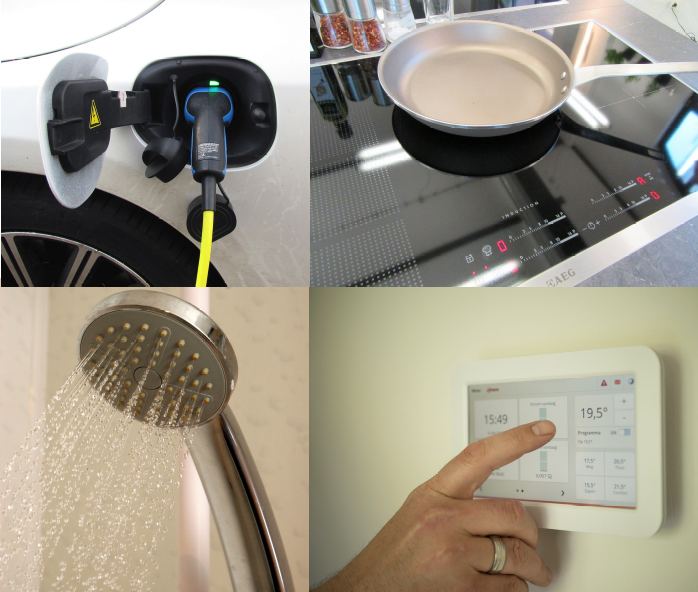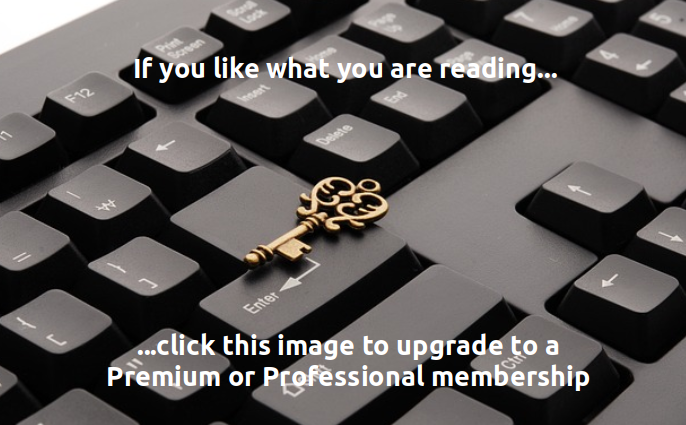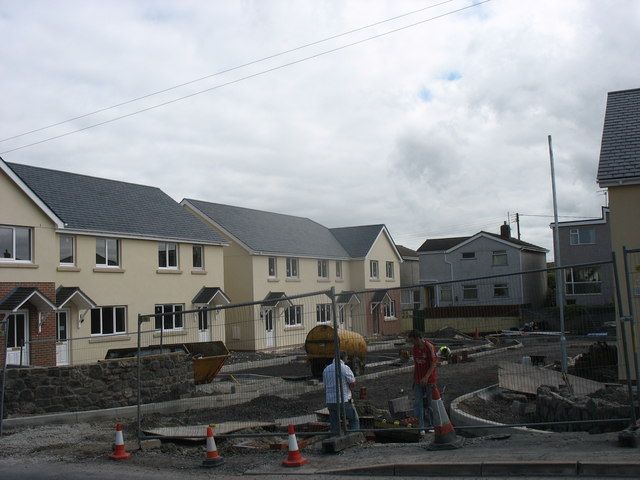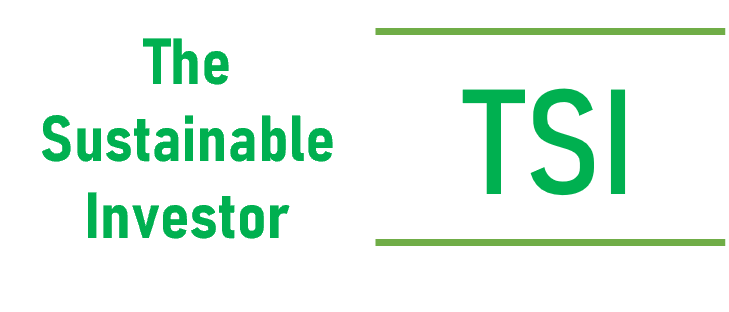
What caught our eye this week
Here are three stories that we found particularly interesting this week and why:
- Mission-oriented policy to address health inequalities
- Beyond primary energy: the energy transition needs a new lens
- Poor housing will cost over £135.5bn over the next 30 years without urgent action
Not a subscriber yet? Click here
Mission-oriented policy to address health inequalities
Health inequality might seem an odd topic for an investment and finance focused blog. However, improved health outcomes can lead to more wealth creation and improved life satisfaction. As we frequently argue, our financial outcomes are intrinsically linked to the social and economic success of our communities. Which is where the Preston experience is telling.
In 2010, Preston was in the top 10% of the most disadvantaged areas in the UK. The Office for National Statistics has estimated that the prevalence of depressive symptoms is more than double in the most deprived regions in England. Poor mental health is a leading global cause of disability linked with worsened social and physical health outcomes.
And then in 2015 the Community Wealth Programme came along. Has this made a difference? The answer is yes.
A study published in the Lancet Public Health shows that this programme was associated with lower antidepressant prescribing and depression prevalence. There was also an increase in life satisfaction and median wages.
Health equity is an important sustainability theme that we discussed in a deep dive back in March. We discussed what it actually is, why we care about health equity, the social determinants of health, Big Pharma's role, and health access including value-based pricing and innovations for remote locations.
Link to blog 👇🏾

(Health and Wellness, Professional)
Beyond primary energy: the energy transition needs a new lens
"People don’t want energy, they want hot showers"
Amory Lovins
As our energy transition develops, we need to think differently about how we measure energy demand. You might think this is a bit geeky, after all do I really care how energy is measured?
As the quote above illustrates, you actually do care.
Your interest is in how much energy you need to heat/cool your house, or heat your hot water. Or if you are a company, you care about how much energy you need to purchase to carry out your industrial or production processes (mostly heat).
When all energy was similar (mostly fossil fuels) how energy was measured mattered less. But now it’s different. This is discussed in a report by climate tech think tank Zenon Research
Did you know that as we go from the energy that comes out of the ground through to what we actually use, roughly 66% of all energy in the US gets wasted? Did you know that electricity is less wasteful in this regard?
So as we electrify our economy, we need less energy, as less is wasted.
Things will be different in a more electrified world as we discussed last week.
Links to blogs 👇🏾

(Greener Energy Applications, Premium and Professional)

Poor housing will cost over £135.5bn over the next 30 years without urgent action
Housing is something we think of as a fundamental right. And yet so much of our housing stock is in poor condition. We tend to describe residential building upgrades as being about reducing carbon emissions through better insulation and more efficient heating/cooling. But, a damp home can have serious health implications.
Recent research from the UK Building Research Establishment (BRE) estimated that just improving the 65,000 homes with a Category 1 damp and mould hazard would only cost £250mn, unlocking £4.8bn in societal benefit over the next 30 years. The biggest saving is in improved long term health outcomes, but the direct savings from lower direct healthcare costs are also material.
The challenge - the costs lie with the property owners, while the benefits accrue to the wider society and the government.
This is where careful partnering can be key from local government to philanthropy to impact investors. There are examples of where that has worked well and others where it hasn't as we discussed in this Perspective from February this year.
Links to blogs 👇🏾

(Transitions / Human Rights, Free to read!)
Become a subscriber
Click here to joinPremium subscribers get to read in full...
- 'Quick Insights'
Designed to be short, easily digestible summaries to educate and stimulate thought and further exploration. 3-5 minute reads.
Professional subscribers get to read in full everything that Premium subscribers get plus...
- 'Perspectives'
Our unique perspective, based on our decades of financial and sustainability experience, on a key news story, development or report that is impacting sustainability investing, decision-making and transitions. We encourage you to think laterally. 5-6 minute reads.
- 'Deep Dives'
Setting the scene in more detail to aid understanding of how the transitions will develop and thinking laterally. 10-12 minute reads.

Please forward
to a friend, colleague or client
If this was forwarded to you, click the button below and sign up for free to get this email, 'Bridging the gap' and the 'Sunday Brunch' in your inbox every week.
Please read: important legal stuff.
